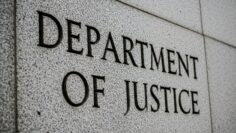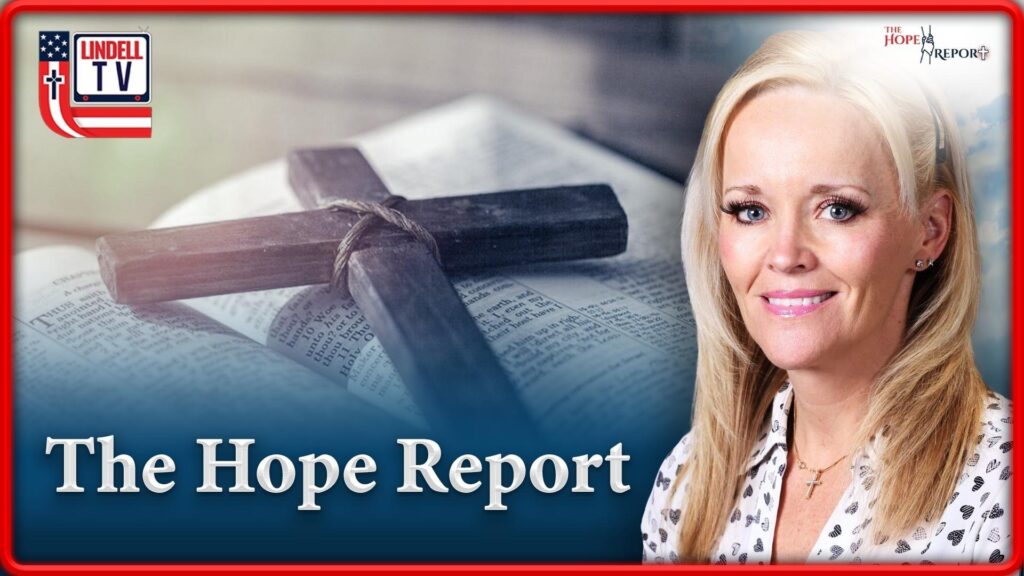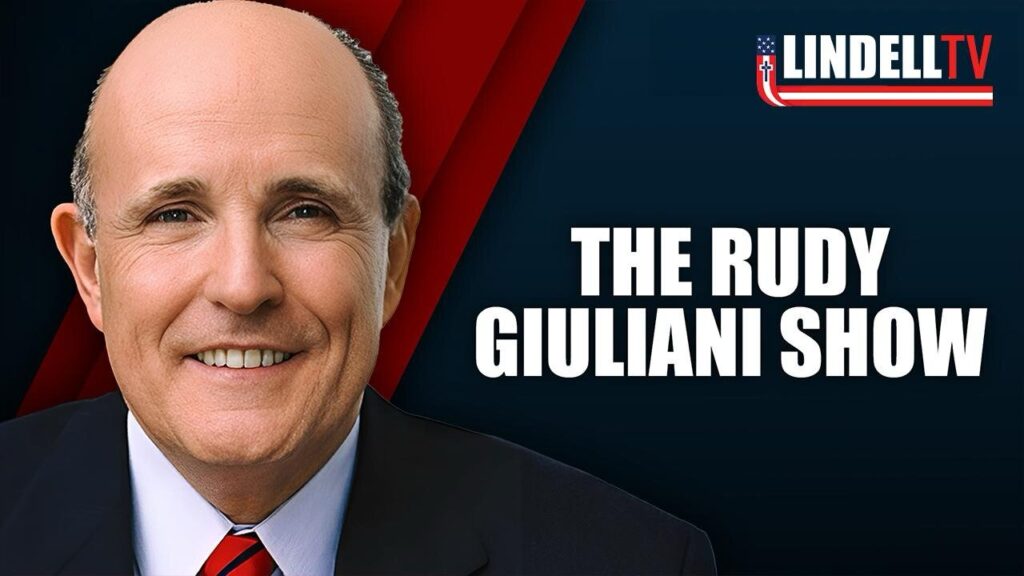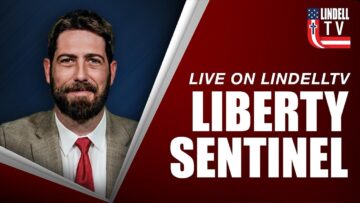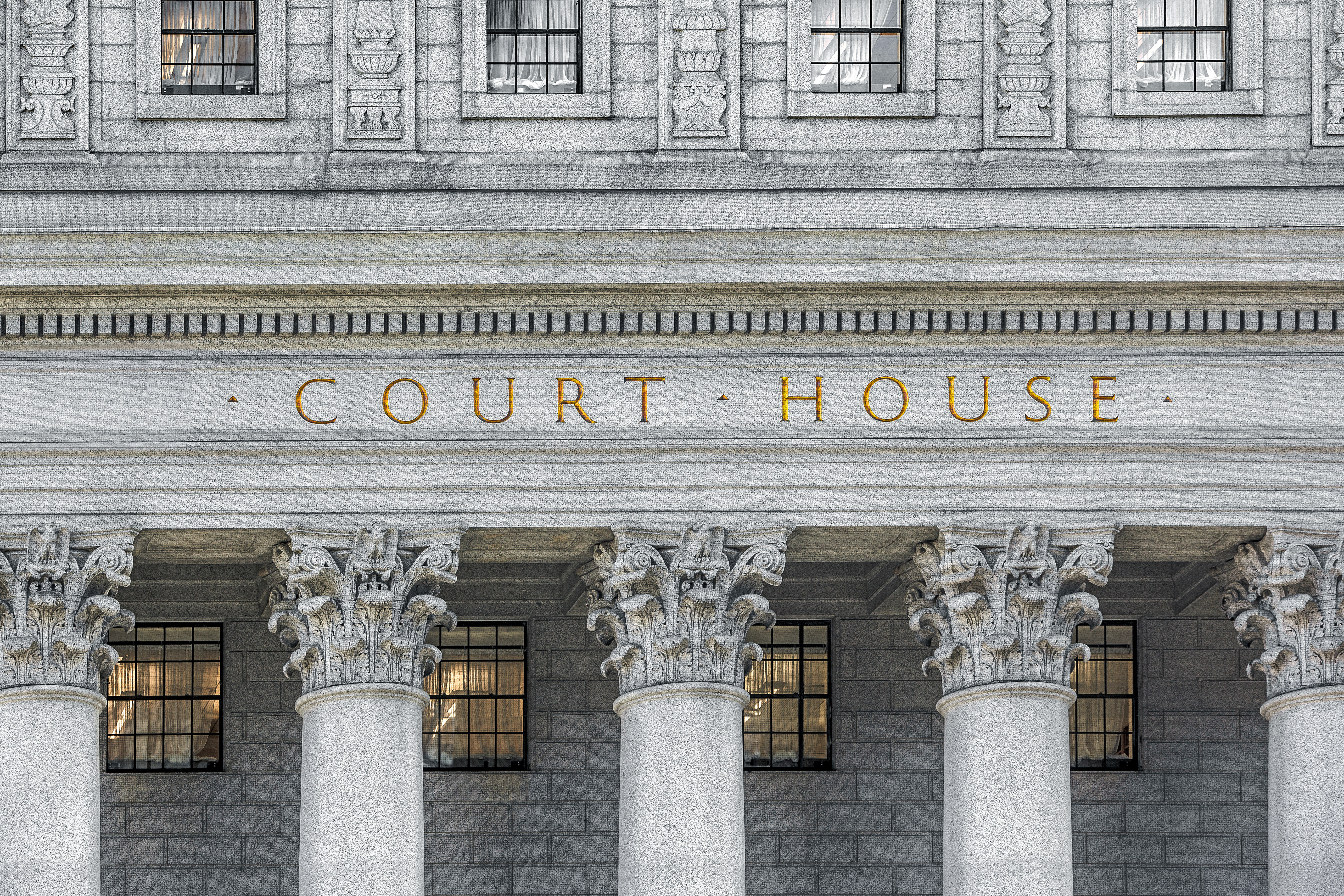
Federal Securities Case Raises Troubling Questions About Asset Seizures and Prosecutorial Standards
DALLAS, TX – A federal securities prosecution that resulted in a 151-month prison sentence for Dallas oil and gas executive Sameer Sethi was handed down on August 28, 2025, following a December 2024 trial and 2015 civil lawsuit from the Securities and Exchange Commission. An examination of the case through publicly available records has exposed concerning gaps in how federal agencies investigate complex business cases and the standards applied when employee misconduct intersects with regulatory enforcement.
The Foundation: A Business Dispute Becomes Federal Case
For nearly a decade, Sethi operated Sethi Petroleum LLC, an energy investment company that purchased non-operating partnership interests in oil and gas wells operated by major corporations for private joint ventures. Court records show that Sethi has asserted that, like most business owners, he relied on professional staff to manage the operations of his company, including CPA Ahmad Abdul-Qadir who then hired Michael Davis in early 2014, who after Abdul-Qadir’s departure just weeks later, went on to serve as the company’s Chief Financial Officer and General Counsel. Sethi maintains that at that time, he believed Davis to be a CPA and licensed attorney.
Records show that on May 4, 2015, Sethi filed criminal charges with the Plano Police Department against Davis, alleging embezzlement, falsification of credentials and financial misconduct that threatened the company’s operations [CASE REPORT/INCIDENT #: 2015-77493, SEE 1. PLANO PD REPORT]. Ten days later, on May 14, 2015, Securities and Exchange Commission (SEC) agents executed a search warrant and seized Sethi’s office and business assets, effectively halting his investigation into Davis’s alleged crimes against the company, which ten years later appears to remain incomplete. Plano Police records indicate that on the following day, May 15, 2015, an attorney representing Davis contacted the Plano PD detective leading the case to advise that Davis would decline to be interviewed for the investigation and referred him to speak to SEC Agent Matthew Gulde who was investigating Sethi’s company for “possible fraudulent activities.” Although the police report indicates that it was decided that there was enough evidence to forward Sethi’s criminal complaint against Davis for grand jury referral, there are no records to indicate that the case was developed further. Michael Davis has never been charged in connection to his admitted thefts against Sethi and Sethi Petroleum LLC. Sethi, however, faced a civil lawsuit from the SEC beginning in 2015 [SEC v. Sethi Petroleum LLC. Civil Action No. 4:15-CV-00338], just days after firing and reporting Davis’s criminal activity, and then a criminal indictment and conviction in connection with the events.
The Employee’s Criminal History
Federal court records reveal that Davis had an extensive criminal background that was apparently unknown to Sethi when he was hired by his former CPA Abdul-Qadir:
2006 Federal Conviction [USA v. Michael R. Davis 4:06-cr-00145-A-1, See 2. Case Docket]: Court records show that Davis served 24 months in federal prison for mail fraud involving identity theft and fraudulent SBA loans. The docket record of the case shows that the Lead Attorney for the AUSA’s office then, was current SEC Agent Matthew Gulde – the same agent who later led the civil suit against Sethi in 2015, and who notably led an unsuccessful felony indictment against Texas Attorney General Ken Paxton whom he also accused of securities fraud, also in 2015. The case against Paxton was eventually dropped.
2010 $190,602.48 Civil Judgement [Maelstrom Properties, Hilton Head Properties v. Michael R. Davis. Cause #: 09-09868. See 3. MP, HHP v. Davis Judgement]: On May 17, 2010, Dallas County’s 101st District Court found Davis guilty of committing Violations of the Texas Wire Tap Act, Fraud, Embezzlement, Conversion, Theft and Invasions of Privacy against Maelstrom Properties and Hilton Head Properties (HHP), who was Davis’s former employer. He was ordered to pay over $190,000 in damages and was subsequently reincarcerated for violating the terms of his parole from his previous 2006 fraud conviction.
2010 $7.9 Million Civil Judgment [Chase Fonteno, HHP v. Davis. Cause # : 09-09666. See 4. Fonteno HHP v. Davis Defamation Judgment]: On September 8, 2010, in a separate suit, Dallas County’s 298th District Court ordered Davis to pay nearly $8 million in damages to his former employer, HHP and owner Douglas Fonteno, after being found liable for Defamation, Business Disparagement and Tortious Interference with Existing and/or Prospective Business Relationship related to Davis’s campaign to cover up his embezzlement schemes against HHP, remarkably similar to those Sethi reported to police that Davis committed against his own company. In March 2017, HHP published a press release detailing the harm Davis caused the company, and in it, discusses the company’s frustration at the District Attorney’s refusal to criminally prosecute Davis for his thefts against the company. HHP has since relocated out of Dallas, Texas to Los Angeles, California.
Selective Asset Recovery Raises Questions
In the preceding 2015 civil suit led by the SEC, a court-appointed receiver was given control of all of Sethi’s personal and business assets with a mandate to recover funds for investors whom they claimed were allegedly harmed by Sethi’s company alleging that the company made false representations and mismanaged investor funds. The receiver’s performance reveals a troubling pattern:
Complete Liquidation of Personal Assets: The court-appointed receiver from the 2015 civil suit successfully identified and liquidated every bank account, property, and asset belonging to Sethi, and also seized assets from Sethi’s parents, leaving the family financially devastated, according to statements within court filings.
Failure to Secure Major Assets: Despite having possession of all company records and assets for nearly a decade, the receiver failed to report or liquidate substantial oil and gas interests acquired by Sethi Petroleum for its investors. These assets have recently been professionally valued for at least $4.8 million – substantially more than the $3.1 million in claimed investor losses by the SEC and in Sethi’s subsequent criminal indictment and August 2025 sentencing proceedings.
Minimal Investor Recovery: After nearly a decade of seizing, managing and liquidating a significant amount of assets recovered from Sethi and his company, the receiver distributed only $920,512.93 to investors, representing a fraction of the assets’ apparent value, and Sethi was subsequently indicted criminally in 2021, where the government seeks additional restitution for the same. Court filings show that Sethi has claimed a significant discrepancy between seized assets and investor distributions, which raises questions about receiver fees, administrative costs, asset liquidation strategies, and ongoing management expenses. The civil receiver has not provided detailed accounting for this gap, and recent filings in Sethi’s criminal case show that investigators for the defense were unable to determine why the receiver did not liquidate the substantial oil well assets that remain.
Questions About Prosecutorial Standards
While prosecutors argued that Sethi knowingly misrepresented investment partners and misused investor funds, newly discovered evidence regarding legitimate oil and gas partnerships and a substantial amount of previously unreported assets suggests potential gaps in the original investigation. The case raises fundamental concerns about how federal prosecutors handle business disputes involving employee criminal misconduct:
Credibility Choices: Despite Davis’s criminal history and Sethi’s documented efforts to report the crimes Davis committed against his company, the SEC and Assistant United States Attorney’s office seemingly chose to build their cases on Michael Davis’s allegations against Sethi, where he claimed that Sethi was responsible for the company’s financials, even though Davis served as the company’s CPA, Chief Financial Officer and General Counsel at the time, while Sethi was enrolled full-time in university courses. In recent court filings, SEC Agent Gulde minimized his prior prosecutorial relationship with Davis but provided no explanation for why Davis was deemed credible while Sethi alone was referred for criminal charges following the civil suit.
The jury convicted Sethi on December 10, 2024, following a November filing in which Sethi’s attorneys sought to reschedule the trial claiming that they had acquired new evidence, specifically naming the Hess wells, that was crucial to the defense. However, that request was denied and the trial proceeded, resulting in Sethi’s conviction.
Unequal Justice: While Sethi faces 12+ years in federal prison, there is no evidence that Davis has ever been criminally charged for the embezzlement Sethi reported, despite documented evidence of similar schemes against other employers. Davis testified against Sethi at trial, and court records indicate that he acknowledged that he embezzled from Sethi’s company and had established a repayment plan with the receiver. The sentencing documents in Sethi’s case do not show any acknowledgement or credit of a third-party theft.
Asset Investigation Standards: Professional third-party geological and financial evaluations of the well assets acquired by Sethi’s company, commissioned by the defense in September 2025, confirm the existence of legitimate partnerships with major oil companies, including Hess Corporation and Occidental Petroleum, in non-operating interests in at least 90 or more oil wells, a crucial fact which seemingly contradicts the 2021 criminal indictment which alleges that Sethi fabricated both the partnerships and the acquisition of the portfolio’s assets, which notably, were not confirmed until after the trial and were not presented to the jury during the proceedings.
Records show that during Sethi’s trial, the AUSA’s expert witness against Sethi testified that he had not contacted Hess Corporation to verify the existence of the partnership assets that prosecutors claimed were fabricated. The recently discovered Hess records, obtained through subpoena by the court-appointed Certified Fraud Examiner three months after the trial, confirm active partnerships and ongoing revenue distribution from wells that continue producing today over a decade later. These developments are part of ongoing judicial review post-sentencing.
The court-appointed receiver from the 2015 civil case from the preceding civil case recently acknowledged in court filings of being unaware of these assets despite managing Sethi’s property for several years.
Implications for Business Community
The Sethi case raises fundamental questions about the protections available to business owners who rely on licensed professionals to manage their operations. Court records show that Sethi employed multiple licensed attorneys and maintained CPA oversight of the company finances yet now faces federal prison time for misconduct allegedly committed by the very employees he hired to ensure compliance.
Key concerns include:
Professional Reliance: Can business owners still depend on the fiduciary duties of licensed CPAs and attorneys, or does hiring professionals provide no protection from criminal liability for their misconduct?
Employee Misconduct: Under what circumstances should business owners face criminal prosecution for crimes committed by their employees, particularly when the owner is actively investigating and reporting the misconduct?
Due Process: How thorough must federal investigations be before asset seizures and criminal charges that can destroy legitimate businesses and employment for dozens of workers and interfere in the management of the portfolios of private partnerships?
Regulatory Balance: When do civil regulatory matters appropriately become federal criminal prosecutions that can result in decade-long prison sentences?
The case suggests that traditional business protections—professional staff, legal compliance, and prompt reporting of suspected misconduct—may not be enough to shield owners from criminal liability when employees with undisclosed criminal histories commit fraud.
Broader Questions for Federal Enforcement
The Sethi case represents a test of whether traditional business protections – hiring licensed professionals, maintaining proper documentation, and promptly reporting suspected misconduct – provide meaningful protection from federal prosecution when regulatory agencies intervene in internal business disputes.
Business owners across the country are watching to see whether federal courts will address the apparent contradictions between the documented evidence and the prosecution’s claims, and what standards will govern future cases involving complex business operations and employee misconduct.
Current Status and Next Steps
Sethi’s case remains under judicial review as the district court reviews post-sentencing motions, and a notice of appeal in which Sethi has moved to challenge the conviction seemingly based upon the new evidence. Sethi is scheduled to appear at a hearing later this month regarding restitution. When contacted about the pending status of the case, Sethi’s family did not provide comment.
Disclaimer: This article references publicly available court records and does not represent any party’s official opinion or commentary on the case. It is not intended to serve as a comprehensive summary of all evidence presented at trial.
For More Information:
Contact: Jack Tillman
Email: jacktillman@protonmail.com
Phone: 512-309-8794








